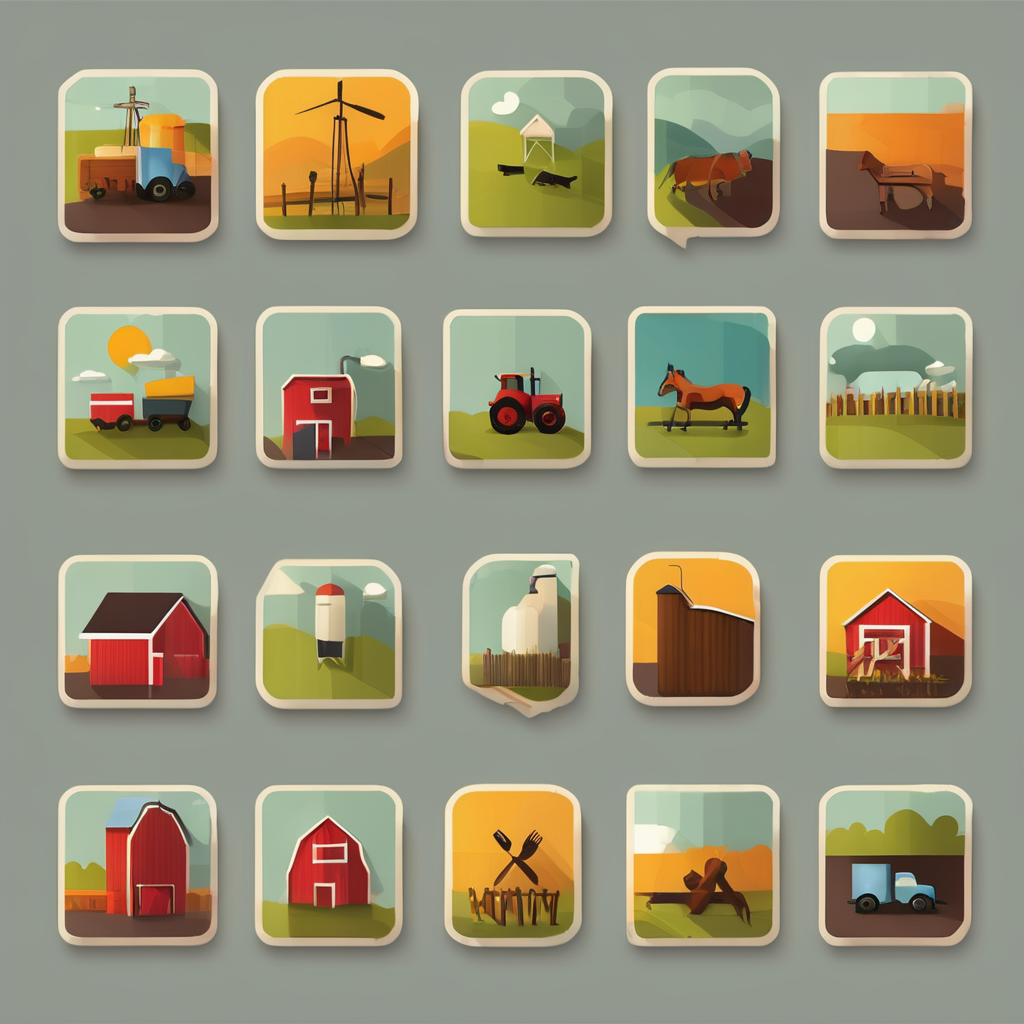Influence of New Cooking Technologies on Modern British Cuisine
The integration of new cooking technologies has significantly shaped the landscape of British cuisine, driving remarkable culinary innovation. Tools like sous-vide machines offer precise temperature control, enhancing texture and flavor in traditional dishes. Smart ovens equipped with sensors allow for consistent cooking results, even for complex preparations. Additionally, molecular gastronomy apparatus introduce scientific techniques that transform ingredients at a molecular level, creating novel textures and appearances that challenge conventional presentations in British cuisine.
Adoption of these technologies varies. Professional chefs in Britain are increasingly embracing these tools to push boundaries in recipe development and menu creation. This results in dishes that retain British culinary roots while incorporating modern twists. Home cooks show growing interest but often adopt technologies more slowly, balancing convenience with cost and learning curves.
Also to read : What are the top UK kitchen color trends this year?
The influence on menu creation is clear. Traditional British recipes are reimagined, often incorporating sous-vide cooking to improve tenderness or molecular methods to reinvent classic sauces. This fusion of tradition and technology exemplifies the ongoing kitchen technology advancements that continue to redefine modern British cuisine, making it more dynamic and exciting for both chefs and diners alike.
Real-World Applications in UK Restaurants and Kitchens
British chefs are transforming the culinary landscape by embracing restaurant technology to elevate their craft. In many smart kitchens across the UK, chefs leverage cutting-edge devices—from precise temperature controls to AI-powered cooking assistants—to achieve unparalleled flavour, texture, and consistency. This integration allows chefs to experiment confidently, ensuring each dish replicates the exact quality customers expect.
In parallel : What Unique Trends Are Shaping the Future of UK Kitchens?
Consider a chef’s perspective on how technology improves kitchen efficiency. Automation streamlines prep work, reducing human error and freeing chefs to focus on creativity. Smart kitchens collect real-time data on ingredient usage and cooking times, promoting sustainability through waste reduction—a growing priority for restauranteurs committed to eco-friendly practices.
An example is how some British chefs use sous-vide machines and digital probes, which guarantee perfectly cooked proteins every time. This not only enhances taste but also maintains texture and maximizes moisture retention. Such innovations demonstrate the marriage of tradition and technology in British kitchens.
Ultimately, restaurant technology boosts customer experience by ensuring consistency and speed of service, two essential factors customers value highly. For chefs and restaurateurs aiming to balance artistry with efficiency, smart kitchens represent a vital tool in today’s competitive dining scene.
Transformation of Food Culture and Culinary Trends
The transformation of food culture in the UK reflects a dynamic interplay between tradition and innovation. Modern dining increasingly embraces experiential and interactive experiences, where diners engage actively with the food preparation process. This shift elevates meals beyond mere sustenance to a form of entertainment and education, satisfying a public eager for novelty and personalization.
In parallel, British food trends reveal a compelling fusion of classic dishes with contemporary techniques. Chefs creatively reinterpret staples like shepherd’s pie or fish and chips by incorporating global flavors and avant-garde cooking methods. This blend preserves culinary heritage while catering to adventurous palates, marking a significant evolution in the UK’s gastronomic landscape.
Public reception shows clear enthusiasm for these culinary trends. Consumers’ expectations when dining out or cooking at home have expanded—they seek authenticity paired with innovation, valuing not just taste but also presentation, source transparency, and sustainability. As a result, the food culture is becoming more diverse and inclusive, mirroring broader social changes.
Understanding the intricacies of this food culture change is crucial for anyone looking to appreciate or participate in the UK’s evolving culinary scene. These trends help explain the rising appeal of modern dining and the shifting ways people engage with food daily.
Impact on Home Cooking and Consumer Practices
Smart kitchen appliances are reshaping home cooking technology in the UK by making advanced culinary techniques more accessible. British households increasingly adopt devices like smart ovens and app-connected gadgetry, enabling precise temperature control and programmable cooking sequences previously reserved for professionals. This technology empowers home cooks to prepare complex dishes with greater confidence and consistency.
The rise of smart kitchen appliances facilitates a shift in lifestyle changes, encouraging users to experiment with recipes that highlight regional and seasonal British ingredients. For example, the ability to slow-cook or sous-vide at home allows for enhanced flavors and textures, reflecting traditional British culinary heritage with modern convenience. Consumers now enjoy replicating dishes once only achievable in restaurants without investing excessive time or advanced skills.
Moreover, smart technology offers greater convenience and efficiency. Automated meal planning, inventory tracking, and tailored cooking instructions help reduce food waste and support healthier eating habits. This transformation reflects evolving consumer practices in the UK, where time-starved households seek tools that align with busy lives yet uphold culinary quality.
In summary, the integration of home cooking technology in British homes promotes a more creative, efficient, and ingredient-focused cooking culture, heralding significant lifestyle changes and new consumer expectations around smart kitchen appliances.
Future Outlook and Expert Perspectives
The future of cooking in the British culinary landscape is being reshaped by rapid technological advances and evolving consumer preferences. Experts highlight that chefs and kitchen staff must increasingly adapt to new tools, from smart kitchen appliances to AI-driven recipe development. This shift emphasizes not only culinary creativity but also technological literacy.
Culinary professionals foresee significant changes in skill requirements. Traditional knife skills and flavor balancing will remain essential, but knowledge in data interpretation, automation management, and sustainability practices are becoming equally important. Such integration promises efficiency but demands continuous learning to stay competitive.
Technology’s influence presents both challenges and opportunities. While automation can streamline repetitive tasks and reduce waste, it may also risk diminishing craftsmanship that defines British cuisine. However, experts agree it encourages innovation, enabling chefs to explore bold flavor combinations and personalized dining experiences.
Navigating the intersection of technology and tradition calls for a strategic approach, balancing modern innovation with respect for heritage. As the British culinary industry embraces this transformation, open dialogue among chefs, technologists, and educators will be pivotal to ensure growth aligns with cultural and practical values.

